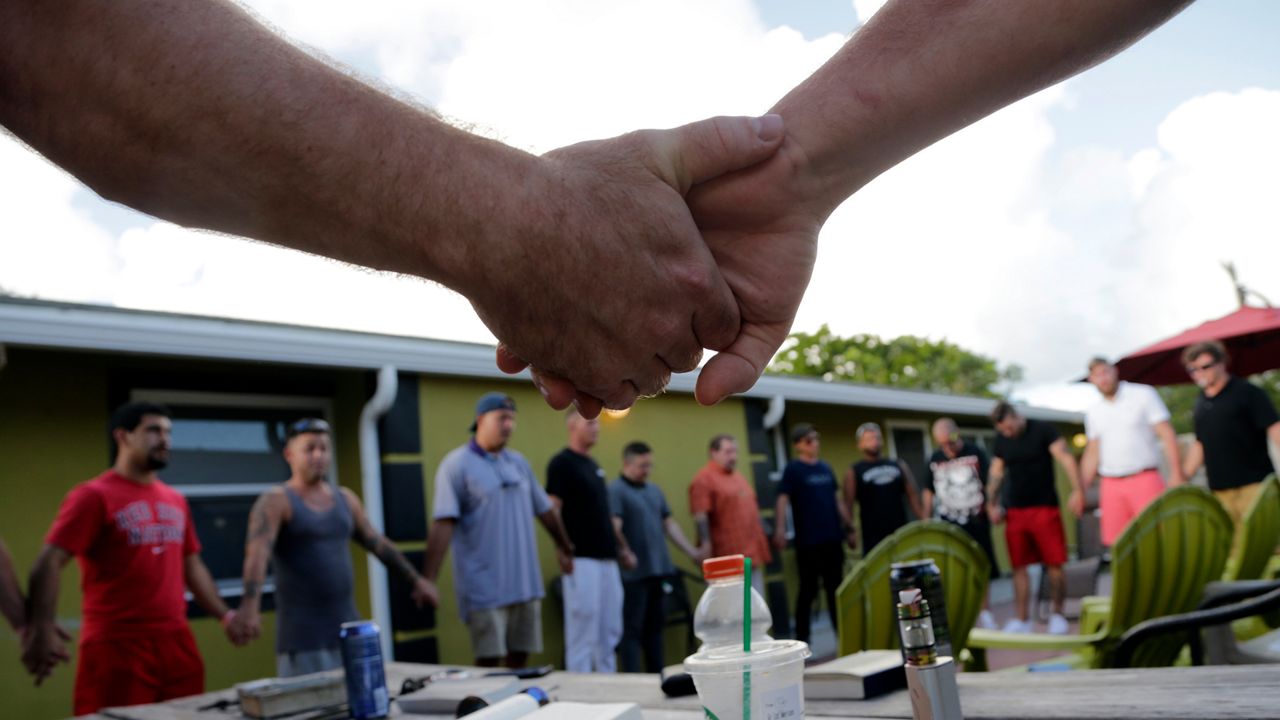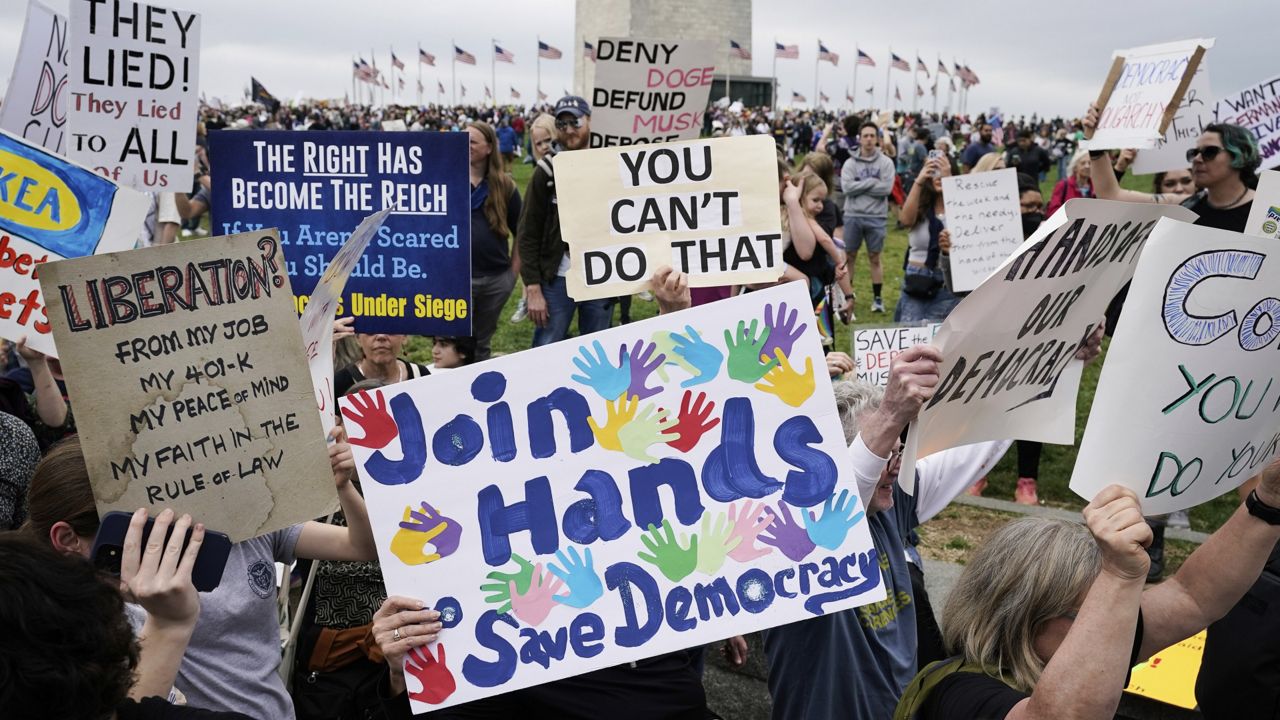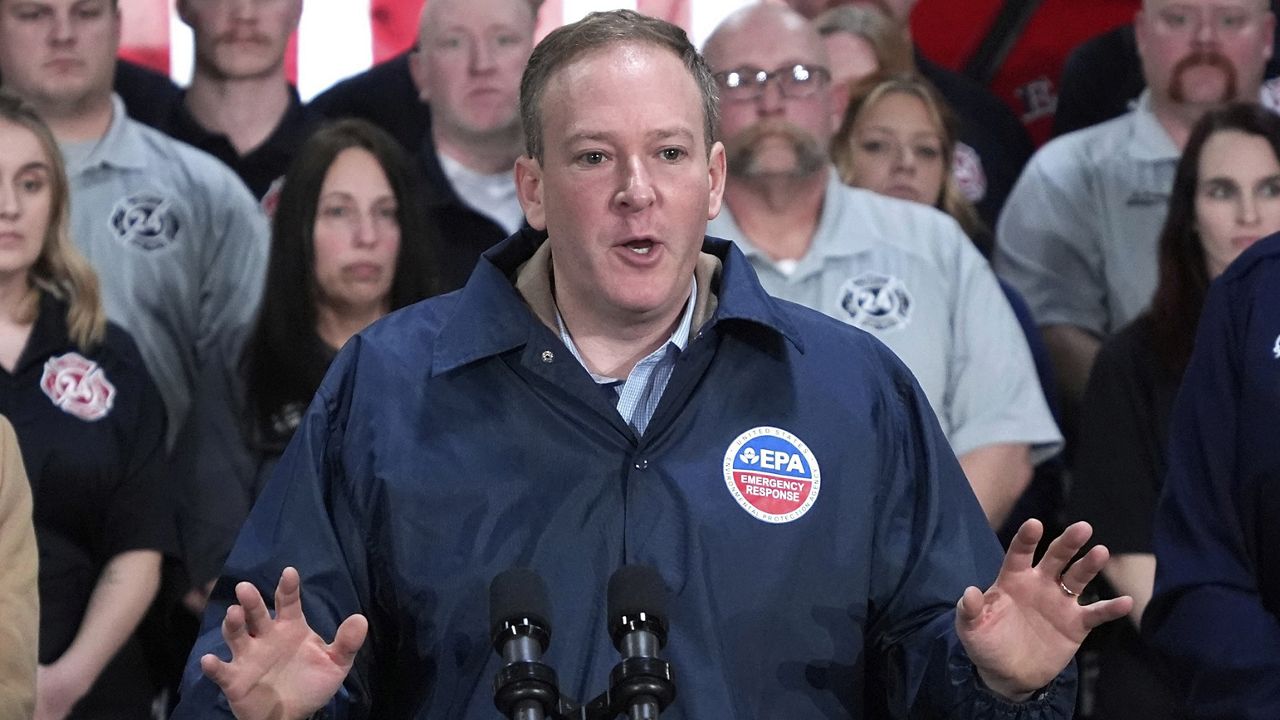People in the LGBTQ+ community face greater discrimination and social stigma, which leads to a much higher rate of substance use and addiction disorders in that population, according to the National Institute of Health.
It prompted New York state assemblymembers to take action during their brief return to Albany this week to pass bill to improve the likelihood New Yorkers with different gender identities and sexual orientations will seek the substance use care they need.
Republicans and Democrats put aside their differences and unanimously voted to pass a bill to require the state Office of Addiction Services And Supports to ensure patients can access the appropriate addiction services or help based on their gender identity or sexual orientation.
If this legislation becomes law, the state Office of Addiction Services And Supports would provide treatment to people who suffer from a substance use disorder and need care for addiction based on their gender identity or sexual orientation.
"Is there additonal continuing education we need to provide?" bill sponsor Assemblywoman Anna Kelles said. "Is there additional education we would want to ensure or require, or cultural competence? Of course, I would hope that to provide treatment there would be an awareness that to do it effectively, you would need to have that cultural competence and education and continuing education."
Kelles says she proposed the bill after people in the LGBTQ+ community told her about abuse or discrimination they faced seeking treatment for substance use because of their preferred gender, which prevented them accessing life-saving care.
Nearly 22% of people in the LGBTQ+ community had alcohol-use disorder in the past year, compared to 11% in the overall population, according to a 2020 National Survey on Drug Use and Health.
During debate Wednesday, the assemblywoman recounted an example how someone who sees themselves as female, but is biologically male, could be placed in a facility for men or given treatment more appropriate for someone of a different gender.
Republican members questioned why the change is necessary under the state's broad Human Rights Law, which applies to every person. Addiction services in New York must be of "high-quality and effectiveness" and must protect everyone's personal and civil rights under current law.
"The current standard is the correct standard," said Assemblyman Andy Goodell, a Jamestown Republican. "Everyone is entiteld to high-quality and effective services, everyone is entitled to services and rehabilitation that adequately protects them. Everyone. We don't now need to amend the law to list everyone. It's already covered."
Kelles argued the current enforcement of the state Human Rights Law in this area is inadequate, and is why it must be changed.
The bill aims to curb that kind of discrimination, she said, which makes a transgender person struggling with substance-use disorder less likely from getting the health treatment that could save their lives.
Ultimately, lawmakers voted to pass the bill unanimously. It passed unanimously in the Senate earlier this month.
The legislation will head to Gov. Kathy Hochul's desk for her signature. It would take effect 30 days later if she signs it.
Kelles said the governor continues to review the bill, but her intent to sign is unclear. Lawmakers say they expect Hochul to take action on legislation to support LGBTQ+ New Yorkers in the coming days in honor of Pride Month.
OASAS will be responsible for devising to educational requirements and guidelines for staff to make sure addiction programs in New York are inclusive and do not deter people in the LGBTQ+ community who might need services.
“While we cannot comment on pending legislation, we know that LGBTQIA+ communities often face social or discriminatory challenges that are not encountered by heterosexual individuals, and as a result have a greater likelihood of developing a substance use disorder," a spokesman with OASAS said in a statement Thursday. "OASAS is committed to ensuring equal access to services for this population, and many of our providers offer programs geared towards the LGBTQIA+ community. These programs are designed to address issues like homophobia, transphobia, violence and social isolation, in a culturally competent and affirming way.”
OASAS created guidance for state addiction services and program providers in 2019 requiring services be given that affirmed someone's gender identity or sexual orientation.
OASAS patient rights require providers to have policies and procedures to provide culturally appropriate and affirming services for patients, according to the department, including sexual orientation and gender identity or expression.
Patients treated for substance use disorder in the state have the right to be housed in gender-segregated facilities based on their gender identity or expression and prohibits discrimination in admission based on someone's preferred gender or sexual orientation.
OASAS periodically offers training to providers about how to best provide services for people in the LGBTQIA+ community. The department offers a LGBTQ-Affirming Program Endorsement, or certificate to demonstrate a program is proficient in offering addiction treatment that affirms or embraces a person's gender or sexuality.
To see the available substance use services and addiction programs statewide, including those targeted to help transgender people and the LGBTQ+ community, visit findaddictiontreatment.ny.gov.









